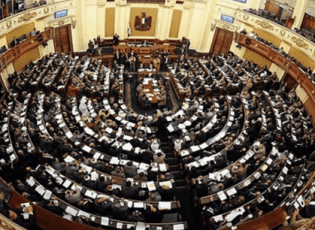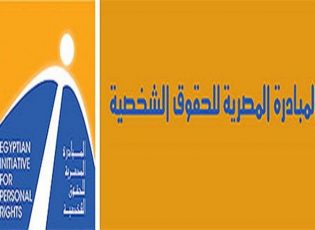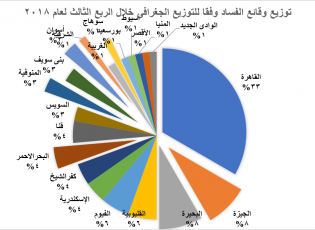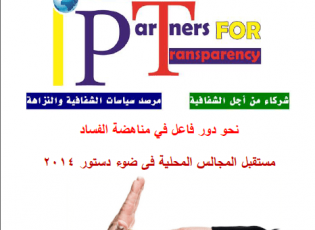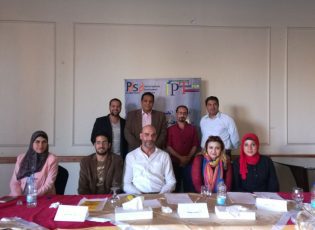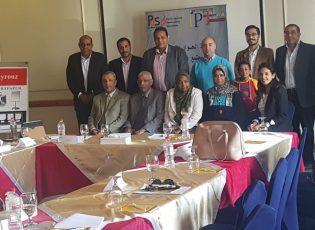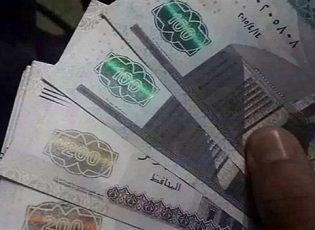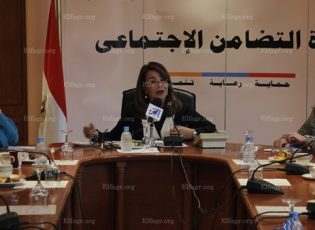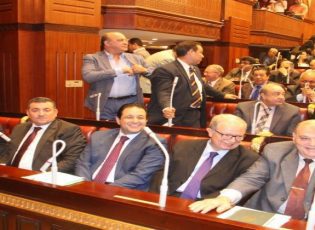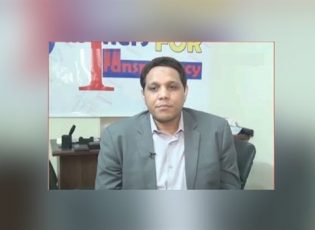The joint international local mission to monitor the 2015 parliamentary elections, which is formed by the International Network for Rights and Development in Norway, the International Institute for Peace and Development in Geneva, the COMESA mission, and their local partner Maat Foundation for Peace, Development and Human Rights called on all Egyptian human rights organizations and coalitions authorized to follow the elections to issue a final combined report on The results of their election observation. Ayman Aqil, a spokesman for the mission, told Al-Youm Al-Sabea that some of the organizations that the mission invited to a consultative meeting yesterday at a Dokki hotel announced their need to train their followers despite their announcement that they will monitor the elections with their own efforts and voluntarily, saying, “Ahmed Mustafa, the media advisor for the campaign“ Watch Ya Masry ” “He talked about the necessity of training observers, and the president of the Equidl Association for Human Rights spoke about that as well. Would they have followed up without training?” Aqeel added that the joint international local mission will provide logistical support to local organizations joining the coalition, and will not train followers or pay money to these organizations, and that the mission is fully prepared to launch an independent central operations room at the cost of the mission as the party that called for the coalition. Regarding the operations room and its supervisors, Aqeel said, "This is not in the hands of the mission," pointing out the need for the independence of the operations room and that it should not be in any of the coalition organizations or societies or the international mission, nor the hotel in which the mission resides, as is usual in every election monitored by the mission to ensure its independence. Aqeel said that there are challenges and risks facing the future of the coalition, on top of which is the existence of a strong code of conduct, distancing from personal interests and the necessity of self-denial. For his part, lawyer Mahmoud El-Badawy, head of the Egyptian Association for Juvenile Aid and Human Rights, expressed his reservations about international monitoring in the first place. Nevertheless, he asked about the logistical benefit of the organizations that would decide to join the coalition of the international mission to monitor the elections. Al-Badawi indicated during the meeting held yesterday that not all organizations and associations will be of the same competence and the same experience, saying, “I refuse to have many,” the number in the lumen. So is the most important thing about quantity or quality ?, I will not be happy with an alliance with a large number of organizations and does not provide good job". At the end of his speech, lawyer Mahmoud Al-Badawi announced that the campaign "Watch Ya Masry", in which the Egyptian Association for Juvenile Aid participates, has 527 followers, saying, "I am obligated to present this, otherwise I will be" Haggas. " In the same context, lawyer Saeed Abdel-Hafez, head of the Dialogue Forum for Development and Human Rights, and a member of the Civil Coalition for Human Rights and Development, said that the presence of the heads of human rights organizations and coalitions of the consultative meeting called by the international mission confirms self-denial. Abdul Hafedh explained that the most important challenge facing the work of the coalition is the lack of agreement on the mechanism of collective action, pointing to the variation in logistical, professional, financial and administrative capabilities of the organizations and associations scheduled to participate in the coalition, warning of the failure of everyone to unite. Dr. Walaa Jad Al-Karim, Director of the Partners Foundation for Transparency, said that there is a need for geographical coordination between institutions, organizations and human rights alliances, and that each alliance proposes the trained and qualified numbers to monitor the elections. Walaa suggested that there should be sectoral coordination between the associations and coalitions participating in preparing the combined report, pointing out that some organizations monitor sectoral issues related to elections, such as women and children. Wala referred to the necessity of forming a general secretariat for the coalition of alliances and organizations to be launched, saying, "The international mission and the founders of Maat must do their part in this." The consultative meeting ended with the formation of a committee of human rights organizations and coalitions to prepare a code of conduct that includes 7 personalities, they are Dr. Yusry El-Azbawy, an expert in electoral systems as an independent expert, Saeed Abdel-Hafez, Dr. Walaa Gad Al-Karim, Shady Abdel-Karim, Omima Al-Sharif, and Rabab Abdo, Vice President of the Egyptian Association To help juveniles and human rights, and human rights activist Mohamed Ibrahim.
The joint international local mission launches an initiative to prepare a combined report for Egyptian organizations on the parliamentary elections .. Ayman Akil: We will not train the organizations ’observers nor will we pay money .. And the Bedouin: there is a disparity in the capabilities of the organizations http://s.youm7.com/2346167


